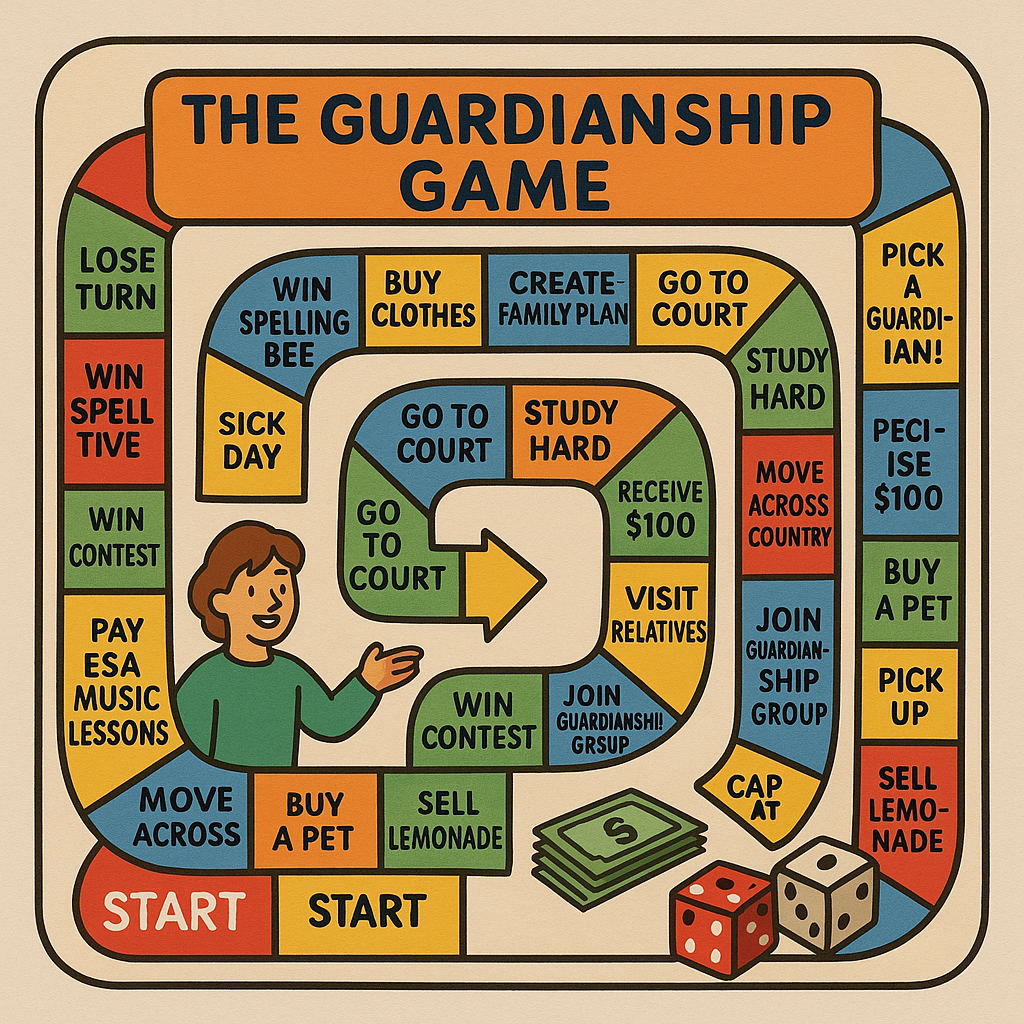by Ben Jennings, Lead Advisor, CFP®
This fall, we will focus our client meetings on reviewing your estate plan. I’ve been asked to stimulate your pre-thinking about some topics that may arise in our discussions. In this article, and in a few that will follow, I want to focus on the people in your plan.
Since it is back-to-school season, let’s start with the little (or not-so-little!) people who might be a part of your plan. I’m referring, of course, to your children!
Older Children
First, let’s not ignore those not-so-little people - your adult children. Young adults past the age of 17 likely need their own basic estate planning documents, including a will, powers of attorney for financial and medical decisions, and a HIPAA authorization. If these are not in place, please discuss this with your advisor.
Younger Children
Next, the more difficult issue - how to provide for the nurture of your younger children, should they not have a living parent. There is a possible division to this topic that may be useful: distinguishing between the daily hands-on care needed for the physical, emotional, and spiritual development of your child, and the management of the resources required to support that child. Language varies by state, and there is definitely overlap, but in general, we think of these two roles as:
Guardianship. The minor’s guardian makes decisions related to daily life, education, and health.
Conservator. This role focuses on managing assets and finances.
I’ve also heard this distinction expressed as the conservator of the person versus the conservator of the property. Whether you choose to divide the roles or appoint the same person to both roles may depend on both the person you have in mind and whether you think it is appropriate to divide these duties.
Here are a few further points to consider:
Your child’s age. Are they quite young and likely to become essentially an additional sibling in the guardian’s family? Or are they nearing adulthood and unlikely to be incorporated into the guardian’s family so directly?
The guardian and their family. Do they have other children? Are there health concerns?
The financial position of your intended guardian. Will they need to change residences to care for your children? (If so, would you cover the cost of that?) If you want available resources to pay for activities such as music lessons for your children, what about your guardian’s children - would you want to provide resources to supplement their activities in the same way? What other financial impact might there be on the guardian?
No matter who you name, without doubt, this should be discussed with your potential guardian(s) before you name them in a document. Indeed, you may find it beneficial to explore their concerns and questions before adopting any arrangements.
These are not easy choices, and there is likely no perfect alternative- so don’t wait to put one in place to make arrangements. It may be useful to think of the people you name for these roles to be “interim” choices, as it is relatively straightforward to name other persons in the future should your assessment of what would be best change over time.



